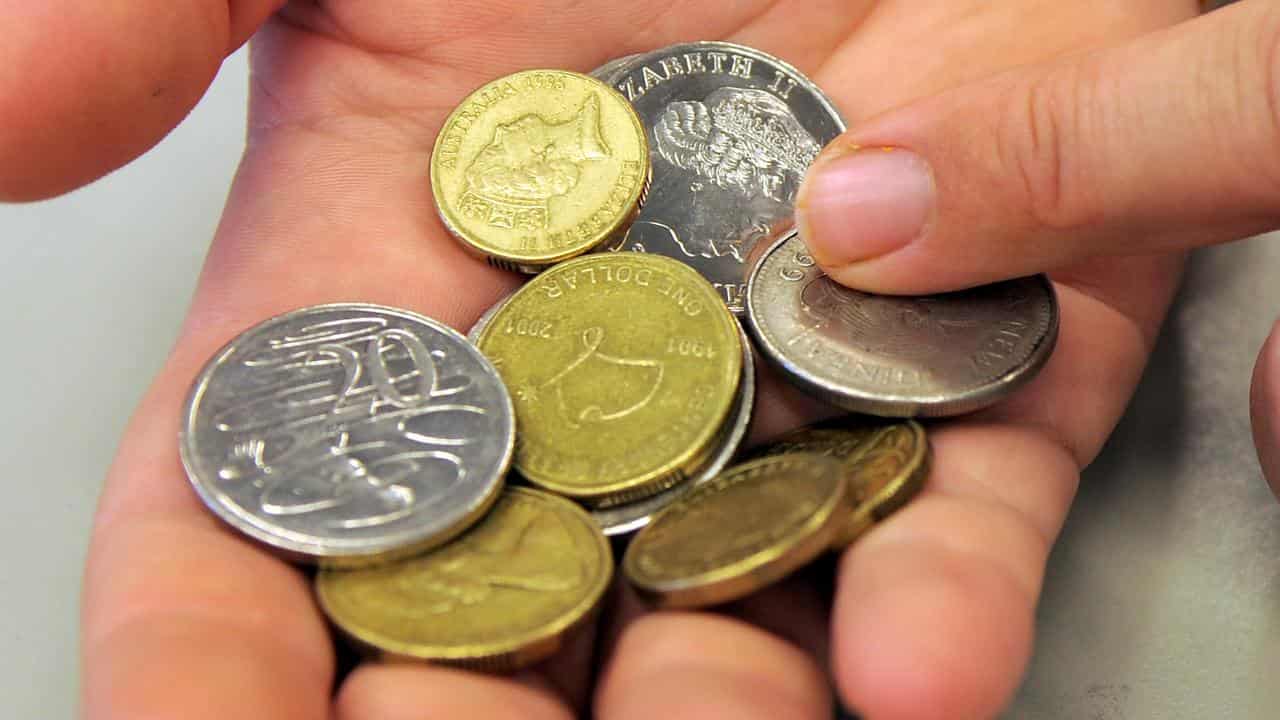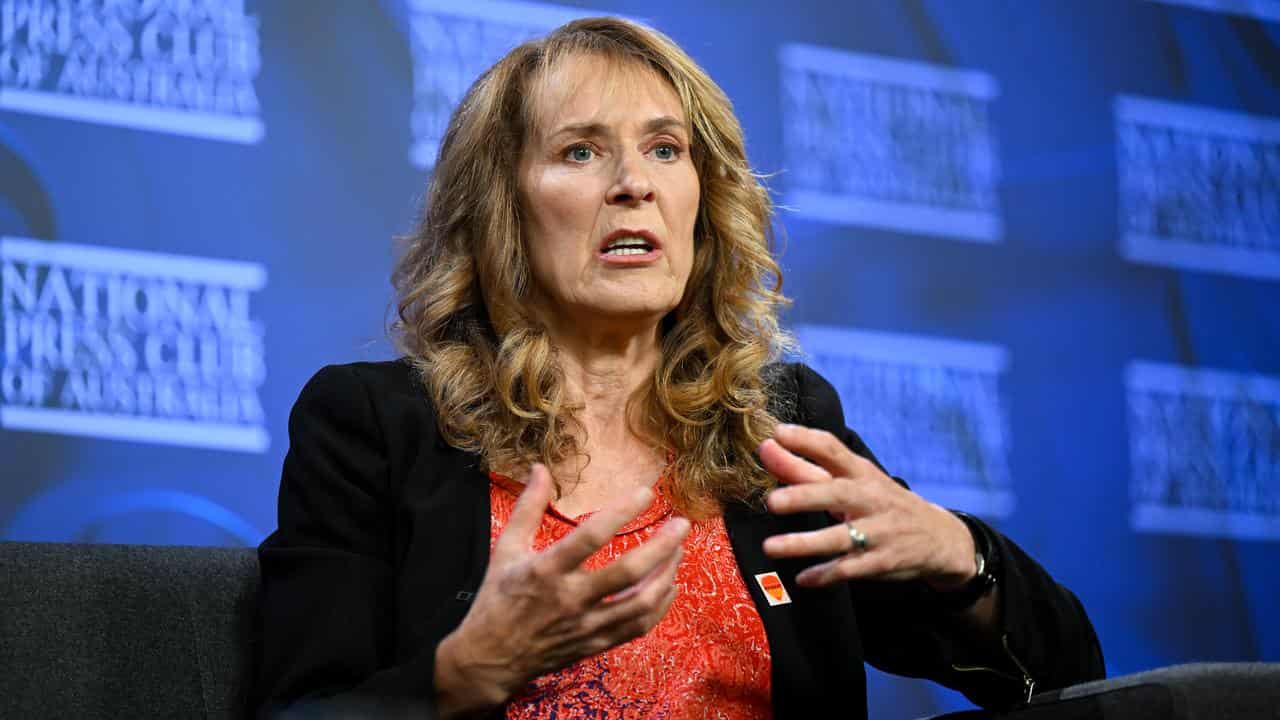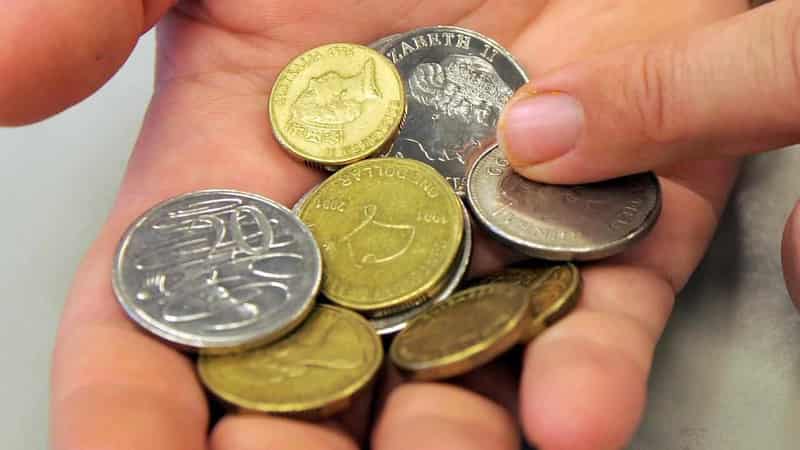
Covering the cost of weekly essentials is leaving Australians on JobSeeker and other welfare payments with little left over to pay bills or other incidental expenses.
A single person out of work and living in a shared house would have just $127 of income each week after covering three core weekly expenses - rent, transport and food.
The latest edition of Anglicare Australia's cost-of-living index, released on Thursday, also shows that a single-parent household on the Parenting Payment would have just $24 remaining after covering basic living costs.
Anglicare's analysis around the index does not account for quarterly or monthly expenses, meaning that the leftover income would be needed to cover power and internet bills, as well as incidental outlays for repairs and the like.
"It has never been harder to live on JobSeeker and other Centrelink payments, with living costs spiralling and rent costing more than ever," Anglicare Australia executive director Kasy Chambers said.

Community and welfare groups such as Anglicare have long been calling for a substantial boost to JobSeeker and Youth Allowance to lift people out of poverty, as has a government advisory committee.
Despite one-off increases in the base rate of payments in 2021 and 2023, income support for job seekers and some other groups remains low and have left people vulnerable to post-pandemic inflationary pressures.
Food and petrol prices remain elevated, with the cost of renting high and rising as demand for homes outstrips supply and keeps vacancy rates low.
"People are being forced to skip meals, avoid medical care, and cram their families into overcrowded homes," Ms Chambers said.
The latest edition of the cost of living index found a family of four with two adults out of work in a three-bedroom rental would not be able to cover the basics from their income, and would have to find an extra $17 a week.
All calculations included the highest rates of Commonwealth rent assistance, which households may be eligible for and was upped in the last federal budget.
Ms Chambers said the government must raise the rate of the payments.
"Without action, people will be pushed even deeper into hardship, poverty and homelessness.”









